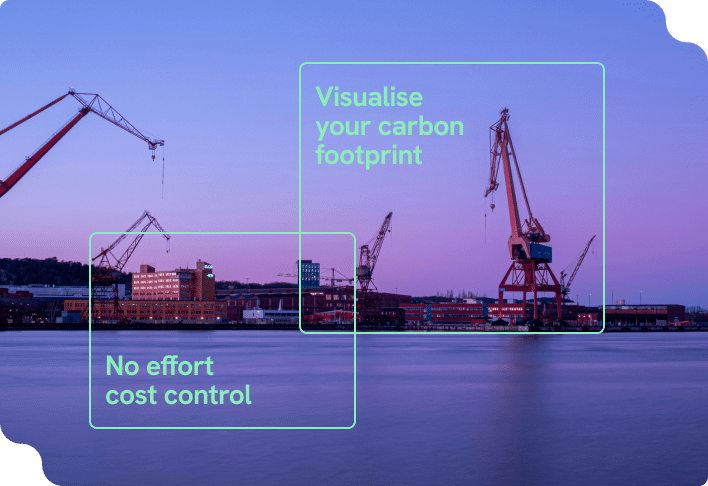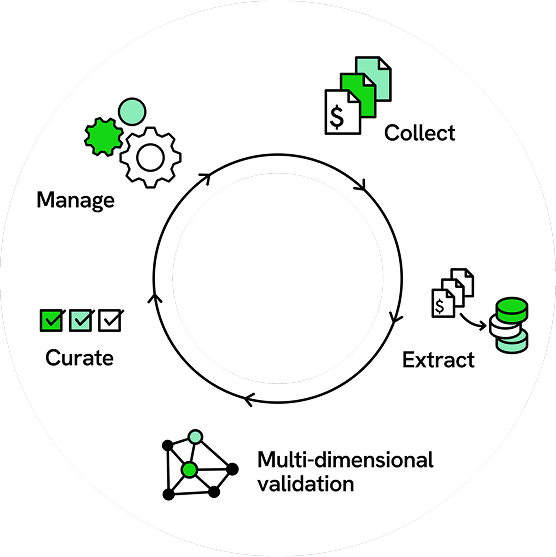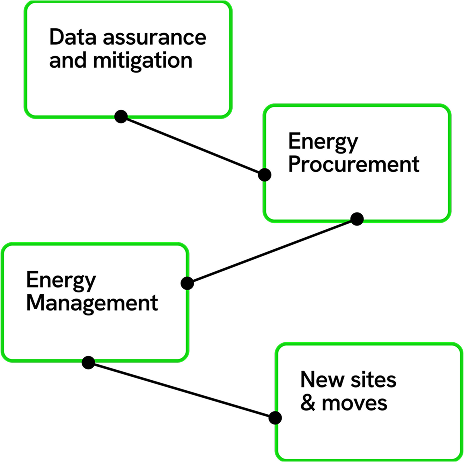Built on accuracy, driven by quality
From validation to verification, we ensure every data point meets the highest standards.


Seamless bill management and sustainability reporting
Our proprietary platform, Optix, combined with dedicated specialists and market leading services, delivers accurate, verified data, with a precision-first approach.

We are pleased to announce our partnership with Bureau Veritas
Sign up to our up coming webinar to discover how our combined Collect, Validate, and Assure model can transform your sustainability reporting.
The power of our validation
Incorrect energy use calculation
Our client saved
$313,728
Incorrect energy rates
Our client saved
$2,013,852
Incorrect energy rates
Our client saved
$174,519








